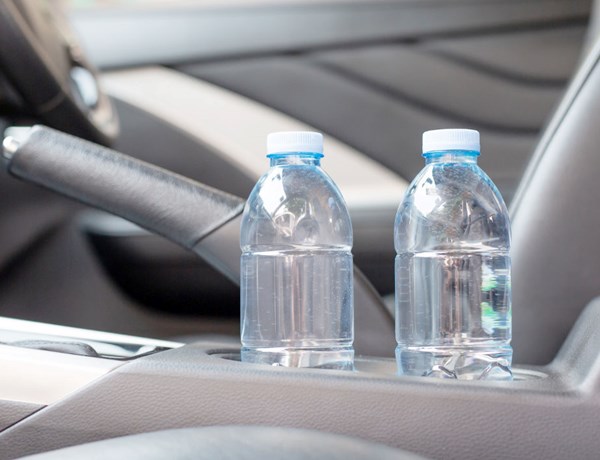Driver fatigue and dehydration are silent dangers on the road, significantly impairing reaction times and decision-making abilities. Proper hydration and adequate rest are not just health recommendations - they're essential safety measures for all drivers. In this blog, we'll explore how these factors affect driving performance and provide practical tips to maintain optimal alertness behind the wheel.

Quick Summary Box
TL;DR: Staying hydrated and well-rested dramatically improves driving safety and reaction times.
- Time Required: 7-9 hours sleep before driving; regular water intake every 2 hours
- Difficulty Level: Easy (simple habits with big impact)
- What You'll Need: Water bottle, sleep schedule, awareness of fatigue signs
Why Hydration and Rest Matter for Drivers
- Prevents Fatigue: Dehydration causes tiredness similar to blood alcohol content of 0.08%
- Improves Reaction Time: Well-rested drivers brake 20% faster in emergencies
- Enhances Decision Making: Proper hydration maintains cognitive function
- Reduces Crash Risk: Drowsy driving causes 20% of serious accidents
The Science Behind Hydration and Driving
1. How Dehydration Affects Driving
- 1% dehydration leads to 5% cognitive decline
- 2% dehydration causes noticeable lack of focus
- 3% dehydration impairs decision-making like being over the alcohol limit
2. Hydration Tips for Drivers
- Drink 250ml water every 2 hours while driving
- Avoid excessive caffeine which dehydrates
- Pack electrolyte drinks for long trips
- Recognize signs: dry mouth, headache, dizziness
The Critical Role of Sleep in Driving Safety
1. Sleep Deprivation Effects
- 17+ hours awake = similar impairment to 0.05 BAC
- 24 hours awake = similar to 0.10 BAC (legally drunk)
- Microsleeps (4-5 second unconscious episodes) become likely
2. Healthy Sleep Habits for Drivers
- Aim for 7-9 hours before long drives
- Maintain consistent sleep schedule
- Take 15-20 minute power naps if needed
- Recognize fatigue signs: yawning, drifting lanes
Practical Tips for Long Drives
- Schedule Breaks: Stop every 2 hours or 200km
- Hydration Stations: Keep water within easy reach
- Snack Smart: Choose hydrating foods like fruits
- Share Driving: Rotate drivers on long trips
- Listen to Your Body: Don't push through fatigue
FAQs
1. How much water should I drink before driving?
→ At least 500ml 1-2 hours before trip, then 250ml every 2 hours.
2. Can energy drinks replace sleep?
→ No! They mask fatigue temporarily but don't restore alertness.
3. What's the best quick alertness booster?
→ A 20-minute nap plus 200ml water is most effective.
Final Call to Action
Your alertness behind the wheel could save lives. For more safe driving tips and professional instruction, Right Choice Driving School offers courses that emphasize driver wellness and safety.